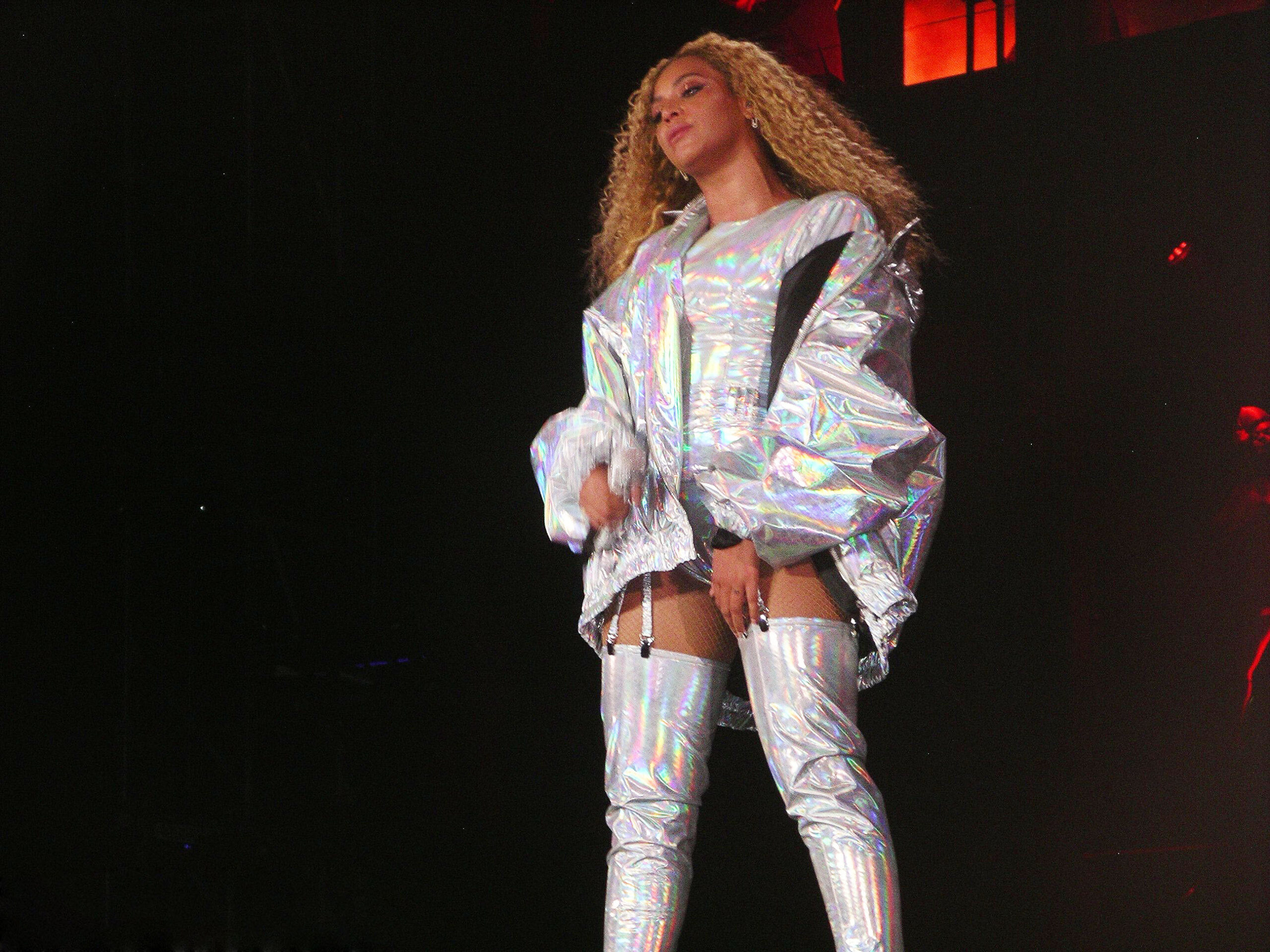Earlier this month, artists gathered to celebrate and recognize music across all genres at the 65th Grammy Awards. With performances from Bad Bunny and Lizzo to a star-studded audience that included Adele, Taylor Swift, H.E.R. and many others. Spirits were high, and everyone was excited — until the winner of the last category was announced.
Beyoncé’s album “Renaissance,” celebrating Black dance music and queer culture, was expected to win Album of the Year by critics and fans. The album had accumulated 179.06 million streams within the first week of its release, the most in Beyoncé’s career. But when the host, Trevor Noah handed the envelope to the Harry Styles fan on stage, saying “You can read it,” it was clear Beyonce had lost the category again. A stunned Harry Styles’ graciously accepted the award and emotionally remarked, “This doesn’t happen to people like me very often,”— poking the Beyhive even more.
Despite winning a record-breaking 32 Grammys, more than any other artist, Beyoncé has yet to win Album of the Year. Her work has been nominated by the Recording Academy in this category for the last four years, each time losing out to white artists. Jay-Z, Beyoncé’s husband and famous rapper in his own right, commented that her loss was a “missed opportunity” and blamed it as being a “marketing thing” after the show. Even Lizzo, who won Record of the Year for her song “About Damn Time,” the first Black woman to receive the award since Whitney Houston won it back in 1994, felt compelled to acknowledge Beyoncé in her acceptance speech as Adelé did back in 2016 when she beat out Beyoncé in this category.
The Grammy’s latest snub of Beyoncé’s work not only enraged her many fans but served to underscore an open secret — the Recording Academy’s unceasing underrepresentation of Black artists in its four major categories: Best New Artist, Song of the Year, Record of the Year and Album of the Year. Because winning a Grammy is considered the “music industry’s highest honor,” the repeated awarding of this coveted acknowledgment to white over Black artists has been roundly criticized by such notable musicians as The Weeknd, Nicki Minaj and Frank Ocean. In 2021, for instance, The Weeknd announced a boycott against the Grammys after his album, “After Hours” — which spent four consecutive weeks as No.1 on the Billboard 200 — was not nominated for a single category.
The Weeknd also spoke against the Grammys on Twitter, writing, “The Grammys remain corrupt. You owe me, my fans, and the industry transparency…” He went on to say that out of the 64 years of the Grammys, only ten Black leading artists have won Album of the Year.
In an industry that depends on popular artists to perform and attend their award shows to remain relevant and gain viewers, connections are everything. In return, those artists are rewarded. Brandi Carlile, for example, won 3 awards in some of the most prestigious categories at this year’s ceremony, racking up seven nominations. In addition, she is known to perform for many of the academy’s charity galas and TV shows — even singing at this year’s show, where her wife and kids introduced her. Even Harry Styles’ manager, Jeffrey Azoff, the son of Irving Azoff, chairman of Full Stop Management, a management team representing several famous recording artists — is very well connected within the industry. By comparison, Beyoncé hasn’t performed at the Grammys since 2017, and her manager for many years was Matthew Knowles, her father. Nepotism is a massive problem for many Black artists who aren’t as well-connected in the industry.
Regrettably, the Academy has always been slow to progress. By opting to align with and reward traditional sounds, lyrics and instruments at the expense of artists who dare to try something different, the Grammys’ biggest failure is its lack of acknowledgment of Black artists at their artistic peak. The list goes on from Beyonce’s Lemonade to the Weeknd’s After Hours, which are all examples of Black artists at their most creative, artistic and successful career peaks gone continuously unrecognized by the Recording Academy.
So, was the Grammy audience’s questionable response to Harry’s acceptance speech a shot at him for what he said, or were they outraged by the Academy’s continued disregard for Black artists? It would seem it may have been both and that some of the members of the audience would have responded the same way no matter what he said. However, Harry raised a more important point in his acceptance speech when he said, “there is no best music.”
What constitutes the best album of the year, and by extension, the best music, are the real questions. If this is defined by the commercial success of an album, sales, streams and chart placement, then it’s hard to argue that “Harry’s House” was unworthy. “As it Was” was declared the Song of the Summer by Billboard after 4 weeks at No.1. However, if “best” is defined by other components, then Beyoncé “Renaissance” was the more culturally influential album of the two. This lack of definition and a deeply ingrained system of quid pro quo in the Music Academy helps to explain why Black artists are infrequent winners in the top categories. It won’t be until the Academy is more transparent about its nomination and voting processes that Black artists can win in these categories.








